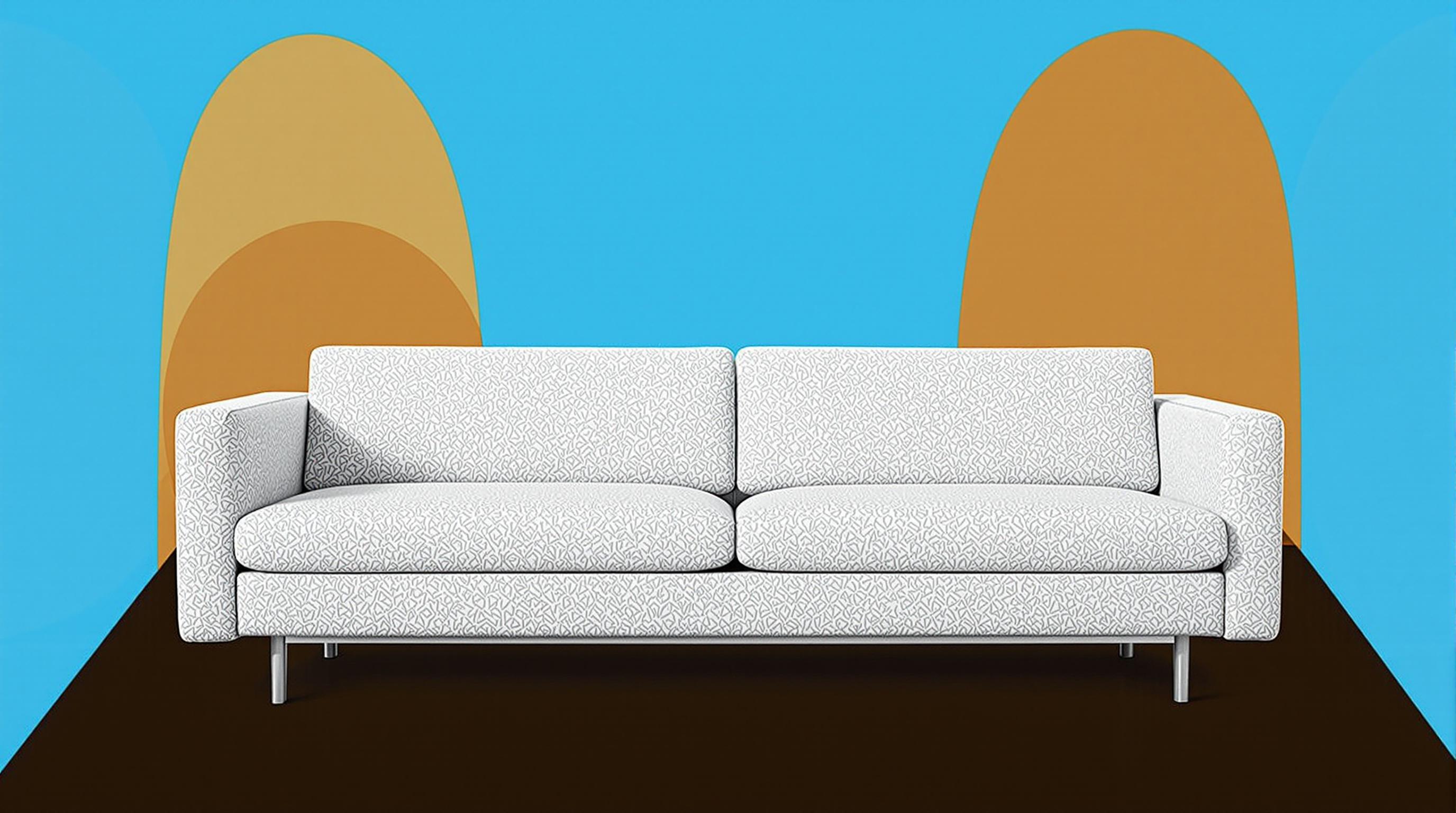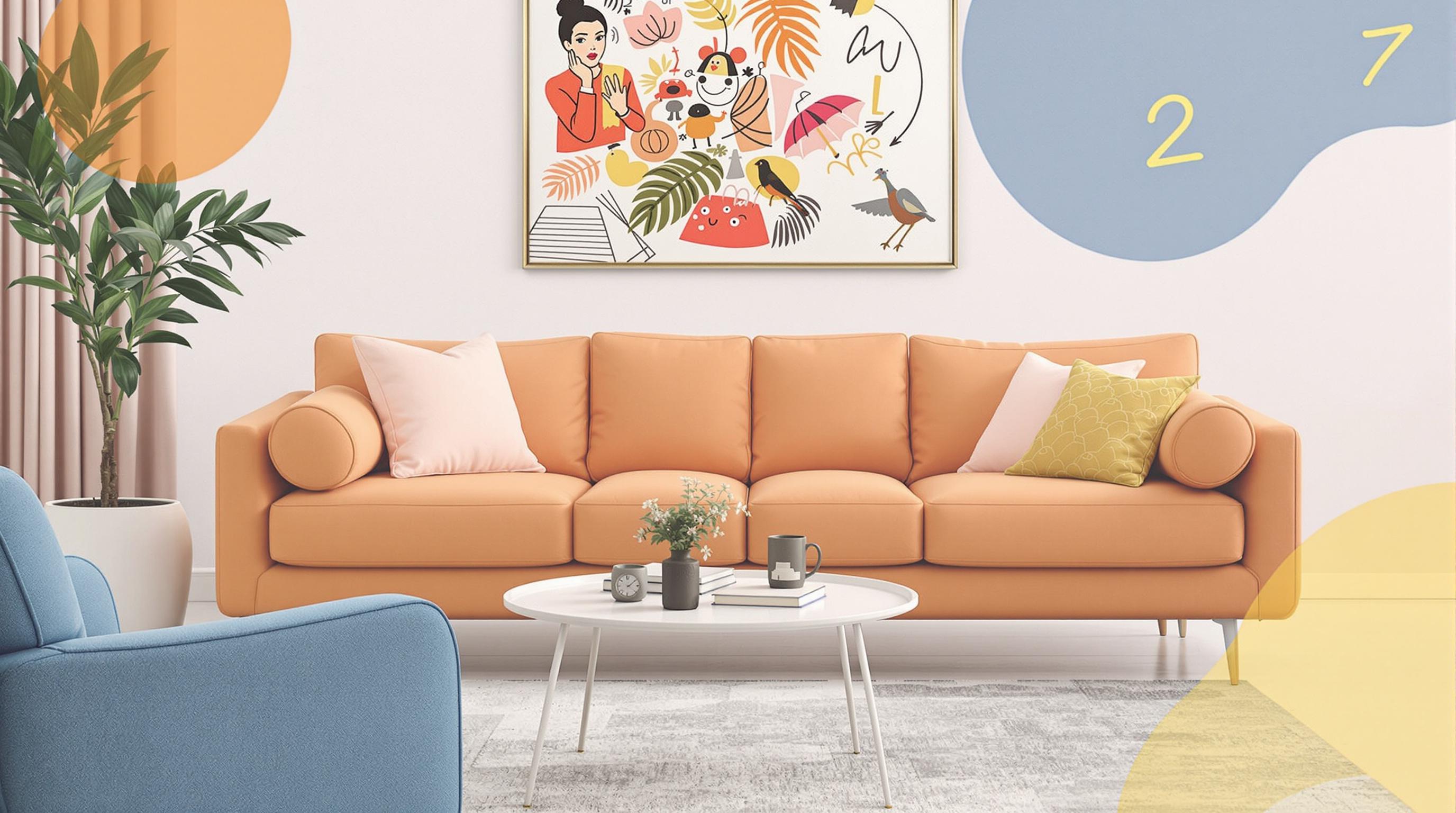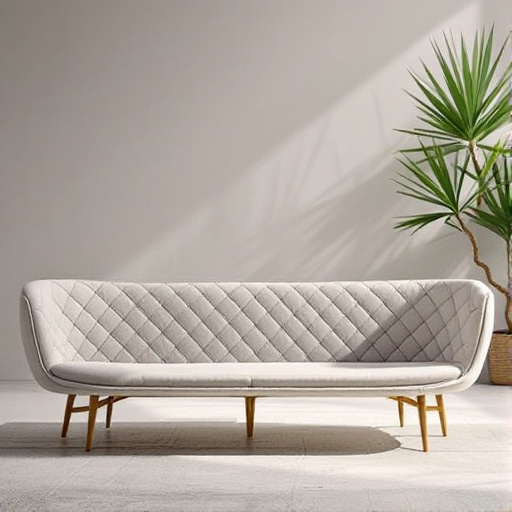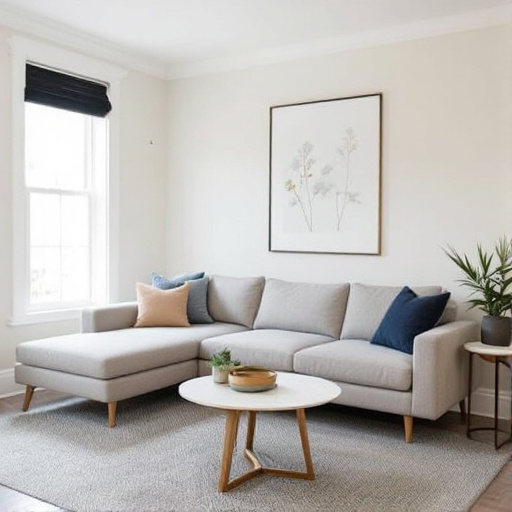Featured Articles
- 8 Essential Psychological Triggers to Consider When Choosing Furniture for Lasting Comfort and Style
- Embracing Minimalism: The Rise of Multi-Functional Furniture in Small Space Living
- "Exploring the Minimalist Movement: Furniture Choices That Speak Volumes Without Saying a Word"
- "Feng Shui Furniture: Can the Right Pieces Transform Your Energy Flow at Home?"
- "Furniture Feng Shui: Unveiling the Hidden Energy of Your Home Design Choices"
"Feng Shui Furniture: Can the Right Pieces Transform Your Energy Flow at Home?"
"Feng Shui Furniture: Can the Right Pieces Transform Your Energy Flow at Home?"
Feng Shui furniture can profoundly impact the energy flow in your home, making it a central tenet of wellness and balance. By selecting the right pieces and arranging them thoughtfully, you can create a harmonious living space that encourages positivity and peace.
The Intriguing Origins of Feng Shui
Feng Shui, which translates to "wind" and "water," originates from ancient Chinese philosophies, dating back thousands of years. It is rooted in the belief that our environments directly affect our internal states. While the practice is often perceived as mystical, studies show that environments designed with Feng Shui principles can enhance mood, productivity, and overall well-being. Researchers from the University of California, Berkeley, found that natural light and open spaces significantly improve mental health (Smith, 2018).
Understanding Chi: The Breath of Life
At the heart of Feng Shui is "Chi," the life force or energy that flows through everything. When Chi flows freely through a space, it carries harmony; when it's blocked, it can lead to stress and discomfort. Imagine your home as a beautiful river; the furniture you choose acts as pebbles in that river, directing the flow of energy.
Shapes of Furniture and Their Energetic Effects
Every shape has its own energy. For instance, circular furniture promotes movement and collaboration, perfect for social spaces. On the other hand, angular furniture is often associated with rigidity, which may create tension in a room. According to Feng Shui experts, incorporating the right shapes can either enhance or disrupt energy flow.
Success Story: Transforming Lives with Feng Shui
Meet Sarah, a 32-year-old architect from Chicago. She was overwhelmed by her chaotic apartment, filled with mismatched furniture and clutter. After researching Feng Shui, she decided to transform her space. Sarah replaced her heavy, dark furniture with lighter pieces and eliminated the clutter. “Once I organized my space using Feng Shui principles, I felt a weight lift off my shoulders. It didn’t just change my environment; it changed my outlook on life,” she reported enthusiastically. Her productivity jumped by 30% at work shortly after the rearrangement!
Color and Material: Choosing Wisely
The colors and materials of your furniture also play a crucial role in Feng Shui. For example, wood represents growth and vitality, making it an excellent choice for living rooms. Metal, on the other hand, symbolizes clarity and precision and is perfect for a workspace. A recent survey showed that people who surrounded themselves with calming colors reported feeling 50% less stressed (Wang, 2020).
A Humorous Take: The Furniture Debate
Picture this: You invite your friends over for brunch, and instead of indulging in your delightful soufflés, they spend the whole time trying to figure out if that 90s retro couch actually enhances your Chi. “I swear, if I sit on it any longer, it’ll zap my energy!” one friend jokes. The truth is, your choice of furniture could very well be the conversation starter - or the heavy weight dragging down your spirits!
Professional Insights: Feng Shui Consultants Weigh In
Feng Shui consultants often highlight the importance of intuitively selecting pieces that resonate with you. Lisa Chen, a renowned consultant, states, “It’s not just about following rules, but about feeling connected with your space. When your energy matches the energy of the furniture, magic happens.”
Spatial Relationships: Create Flow
Placement is key. For instance, a well-placed sofa can act as a protective barrier in a room, while a cluttered space stifles energy flow. Feng Shui teaches us that clear paths for movement promote a positive vibe: an unobstructed view of the entrance signifies openness and welcomes opportunities. So, if you’ve got a table piled high with old bills and last week’s takeout boxes, it’s time to reconsider its placement!
Modern Interpretations: Adapting Ancient Wisdom
With the rise of minimalism, many are curious about how to maintain modern styles while adhering to Feng Shui principles. Consider furniture that serves multiple purposes. A coffee table that can transform into a work desk maintains flow and functionality. In 2021, a survey revealed that 83% of millennials are embracing multifunctional furniture, showing a shift towards balance both in design and energy (Johnson, 2021).
Case Study: Corporate Feng Shui
Feng Shui isn’t limited to homes; businesses can also benefit. A tech firm in San Francisco hired a Feng Shui expert to redesign their office layout. They replaced cubicles with collaborative workstations, introduced calming colors, and carefully curated décor. As a result, employee satisfaction scores skyrocketed, increasing by 40% within the first six months! Beyond moral victories, their productivity soared, with output increasing by more than 25% in the same timeframe.
Practical Tips for Feng Shui Furniture Arrangement
Here are some practical tips to infuse your home with good Feng Shui:
- Keep entrances clear: Ensure your main door isn't blocked by furniture. It invites Chi into your home.
- Create balance: Pair heavier furniture with lighter pieces for contrast and balance.
- Use mirrors wisely: Mirrors can double the light and energy in your space, but avoid placing them directly facing doors.
- Incorporate plants: Plants add vitality and purify the air. However, choose harmonizing shapes that fit your style.
When Tradition Meets Trends
As we move further into the digital age, furniture design and Feng Shui continue to evolve. Brands like IKEA have recently begun offering collections inspired by Feng Shui, merging traditional principles with modern aesthetics. It’s a conscious effort to connect consumers with something old while offering them something new. Furniture designers now recognize that decor choices aren’t just aesthetic - they are interconnected experiences.
Conclusion: Crafting Your Energy Oasis
In the grand tapestry of life, the furniture we choose shapes our experiences. As we dwell in our spaces, we have the unique chance to design our environments deliberately. Whether through a humorous dialogue with friends or a transformative case study, one thing remains clear: consciously selecting and arranging furniture according to Feng Shui can significantly improve your mood, productivity, and overall well-being. So go ahead - let your furniture speak, and watch as the energy flows!
As a 25-year-old content writer and a Feng Shui enthusiast, I truly believe that the right pieces can transform not just your home, but your life. After all, who wouldn't want to live harmoniously where every corner inspires positivity?




